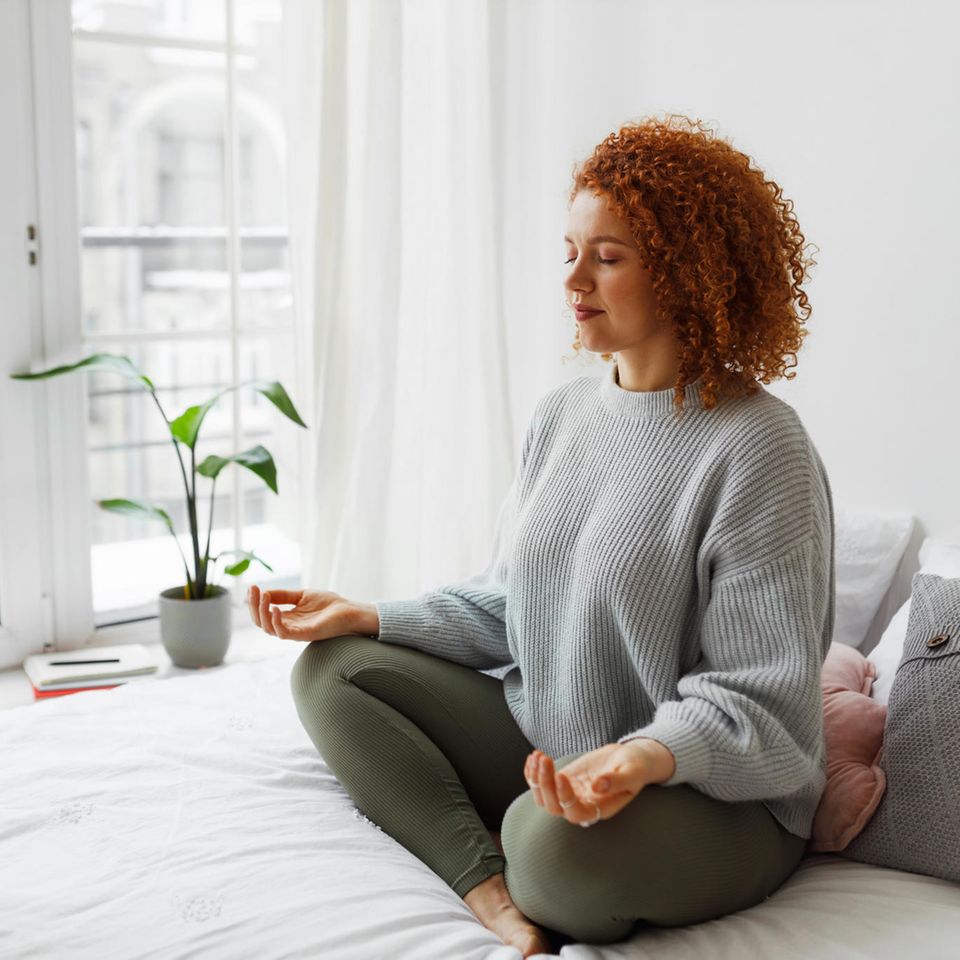psychology
4 Habits of People Who Don’t Let Fear Overwhelm Them
© Tisha / Adobe Stock
Fear is important and healthy. But if it determines our entire life, we quickly find ourselves in a downward spiral. These behaviors are typical of people who manage to keep their fears in check.
Behind strong feelings of fear in everyday situations is often the fear of the unknown, of the uncontrollable, of uncertainty. This can be characterized by a wide variety of triggers; negative experiences and trauma are often behind it.
Fortunately, we don’t have to be helpless when faced with fears. We can seek therapeutic help, but we can also do a lot in everyday life to ensure that fear doesn’t overwhelm us. Many people who manage to cope well with their fears maintain these habits.
People do things differently when they don’t let their fear overwhelm them
1. You ground yourself
Mindfulness is one of the most important tools for dealing with feelings of anxiety. If we pay attention to which emotions arise in difficult situations and we manage not to judge them but to accept them lovingly, we can often take some of the power away from fear. Exercises like the 5-4-3-2-1 technique can also help to anchor us in the here and now. We focus on five things we can see, four things we can touch, three things we can hear, two things we can smell, and one thing we can taste.
2. You set yourself small milestones
Experiences of success help us to stay on the ball. And in order to deal well with our fears, we have to constantly stay on the ball. That’s why it can help to set small goals, the achievement of which motivates us to keep trying. For example, we could say: I can now stay calm for ten minutes. Or we face a specific situation that scares us, such as a short subway ride. The more small successes we experience in this way, the easier it will become for us to do things that we previously feared. In this way, we train our nervous system to stay calm and not panic in objectively harmless situations.
3. You are prepared for the worst but hope for the best
Does preparing for the worst sound like catastrophic thinking to you? It doesn’t have to be that way. It can definitely help anxious people to become aware of the worst case scenario. However, without getting lost in ever-revolving circles of thought. Instead of constantly feeling a diffuse fear that we don’t really dare to look at, it can be healthier to ask ourselves: What exactly am I afraid of? This expression can help to take some of the terror away from the specific fear. We calm our panic reflex by facing the fear and considering a potential solution. At the same time, it is important to imagine the best case. This way we feel well prepared for everything and can still hope for a positive outcome to the situation.
4. They prioritize their self-care
Symptoms of mental illnesses, which can also include anxiety, are usually more difficult if we take good care of ourselves. People who are not so easily overwhelmed by fear have therefore usually developed habits that are good for them. They know how much sleep they need, what diet feels good, and what type of exercise. They know themselves well and prioritize their self-care – this helps to create a good basis so that fear and panic cannot become so strong in the first place.
Sources used: yourtango.com, psychologytoday.com

